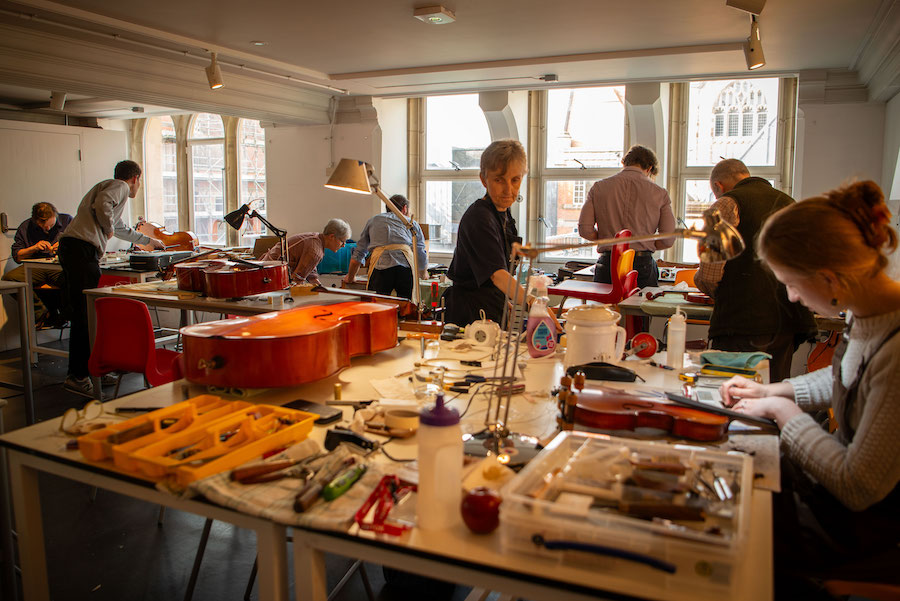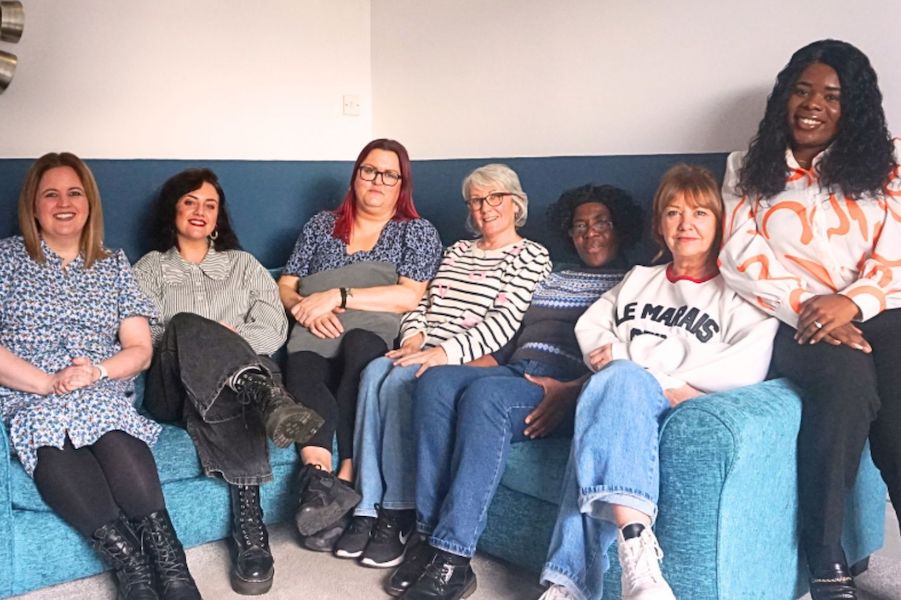How a passionate arts team is documenting Manchester’s history of LGBTQ+ protest
- Written by Thom Bamford
- Last updated 4 months ago
- City of Manchester, Featured, LGBT+
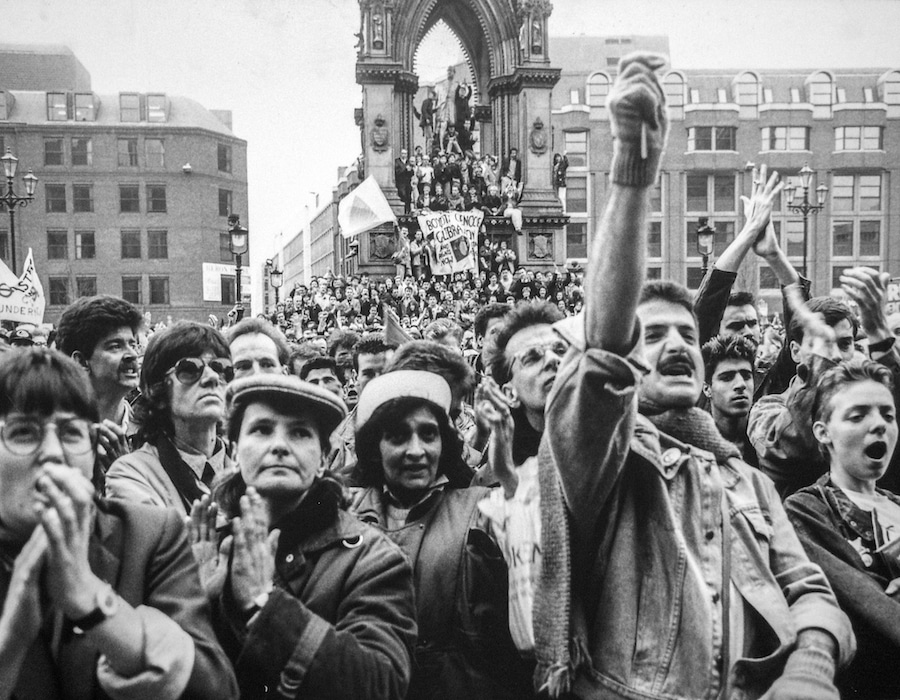
This year marks a significant milestone: 21 years since the repeal of Section 28, the infamous law that silenced LGBTQ+ voices in schools and local authorities across England and Wales.
To commemorate this pivotal moment in history, Manchester-based arts powerhouse IAP is launching PROTEST! – Documenting Dissent, an ambitious two-year project that invites the community to share stories of courage, activism, and resilience.
With generous support from The National Lottery Heritage Fund, PROTEST! aims to uncover the untold histories of those who lived through Section 28 and the movement it sparked.
At the heart of this project lies a simple yet profound mission: to record and preserve these voices for future generations.
PROTEST!
In 1988, amidst the fear and prejudice of the AIDS crisis, Margaret Thatcher’s government introduced Section 28, a piece of legislation that prohibited the “promotion of homosexuality” by schools and local authorities.
For 15 years, this law legitimised stigma, leaving students unsupported, teachers gagged, and LGBTQ+ communities further marginalised.
But Manchester rose up. In 1988, over 20,000 people flooded the city’s streets in what became the UK’s largest-ever LGBTQ+ protest. That spirit of resistance is the starting point for PROTEST!, which aims to celebrate this legacy of activism while shedding light on the personal stories that shaped it.
“Section 28 was an appalling and hugely misjudged piece of legislation,” says Jez Dolan, Artistic Director of IAP.
“It had the unexpected outcome of bringing our communities together in protest, unity, and collective action for the first time. PROTEST! will be our largest project to date in terms of scale and ambition – and we cannot wait to launch this next month.”
Can you help PROTEST! with your experiences?
IAP is issuing a call to arms for anyone whose life was touched by Section 28. Were you a student silenced in the classroom, a teacher navigating its restrictions, or an activist who marched for change? If so, PROTEST! wants to hear from you.
The project also invites volunteers to take part in capturing these stories, conducting interviews with LGBTQ+ individuals across the Northwest. It’s a unique opportunity to contribute to a living archive of resistance and resilience, ensuring these experiences are never forgotten.
“LGBTQ+ histories are central to the Manchester story,” says Councillor Garry Bridges, Deputy Leader of Manchester City Council. “This project recognises not only the harmful ways that LGBTQ+ people have been treated but also the ways that communities here in Manchester rose up to reject that, including the largest LGBTQ+ demonstration in our country’s history.
It’s important we shine a light on this history and document the experiences of those in our city who fought for their rights and the rights of others.”
More than a history project
While recording oral histories is at the core of PROTEST!, the project will also include public events, creative workshops, and newly commissioned artworks. The two-year program will culminate in an exhibition at Manchester Art Gallery, complete with a new film and a series of powerful public interventions.
Volunteers will work alongside experts from Manchester Libraries and Archives, delving into the city’s rich public records. Two paid internships in curation will also be offered, providing an exciting opportunity for young people to get involved in preserving Manchester’s LGBTQ+ heritage.
Helen Featherstone, Director, England, North at The National Lottery Heritage Fund, is proud to support the initiative: “This grant, made possible by National Lottery players, will ensure that the voices, memories, and lived experiences of the community can be heard for generations to come.”
How to get involved
Whether you want to share your story, volunteer as an interviewer, or simply learn more, PROTEST! offers a unique chance to be part of history.
To get involved, contact Rosheen O’Hanlon at volunteer@iapmcr.co.uk
PROTEST! is set to illuminate the rich history of LGBTQ+ resistance and ensure that Manchester’s legacy of activism continues to inspire future generations.
This is not just a celebration of the past—it’s a call to keep fighting for equality and inclusion. Because history, like protest, is never silent.
- This article was last updated 4 months ago.
- It was first published on 18 November 2024 and is subject to be updated from time to time. Please refresh or return to see the latest version.
Did we miss something? Let us know: press@ilovemanchester.com
Want to be the first to receive all the latest news stories, what’s on and events from the heart of Manchester? Sign up here.
Manchester is a successful city, but many people suffer. I Love Manchester helps raise awareness and funds to help improve the lives and prospects of people across Greater Manchester – and we can’t do it without your help. So please support us with what you can so we can continue to spread the love. Thank you in advance!
An email you’ll love. Subscribe to our newsletter to get the latest news stories delivered direct to your inbox.
Got a story worth sharing?
What’s the story? We are all ears when it comes to positive news and inspiring stories. You can send story ideas to press@ilovemanchester.com
While we can’t guarantee to publish everything, we will always consider any enquiry or idea that promotes:
- Independent new openings
- Human interest
- Not-for-profit organisations
- Community Interest Companies (CiCs) and projects
- Charities and charitable initiatives
- Affordability and offers saving people over 20%
For anything else, don’t hesitate to get in touch with us about advertorials (from £350+VAT) and advertising opportunities: advertise@ilovemanchester.com
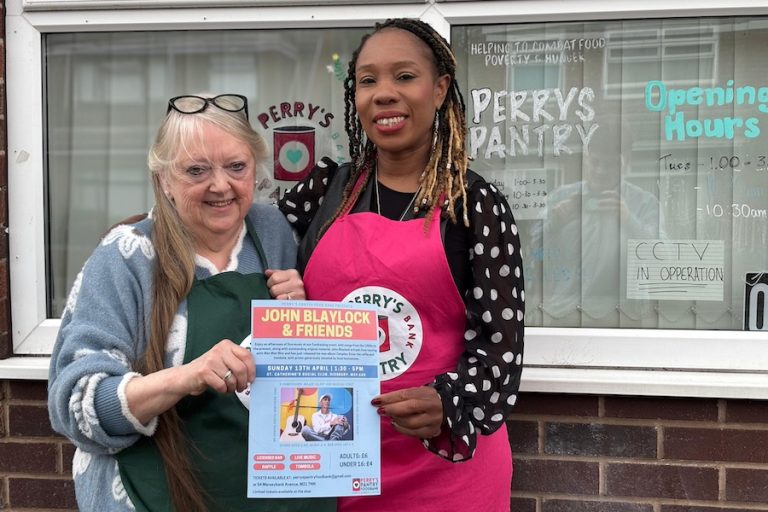
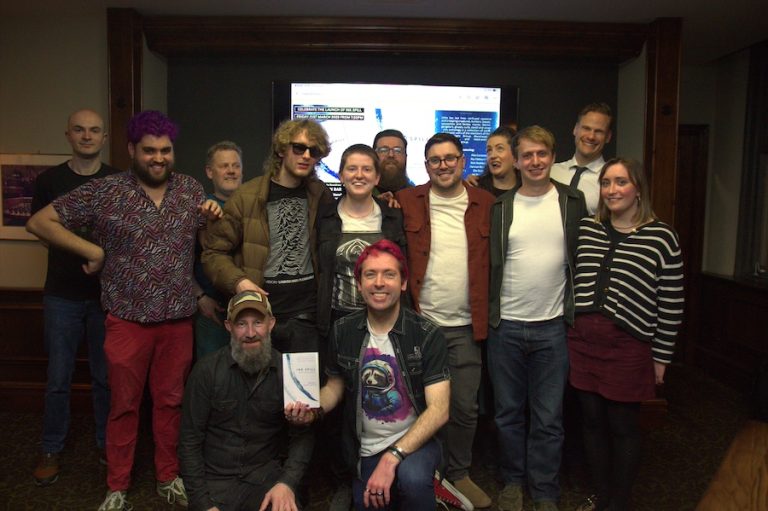
The eclectic group that’s been helping writers cut their teeth for 50 years
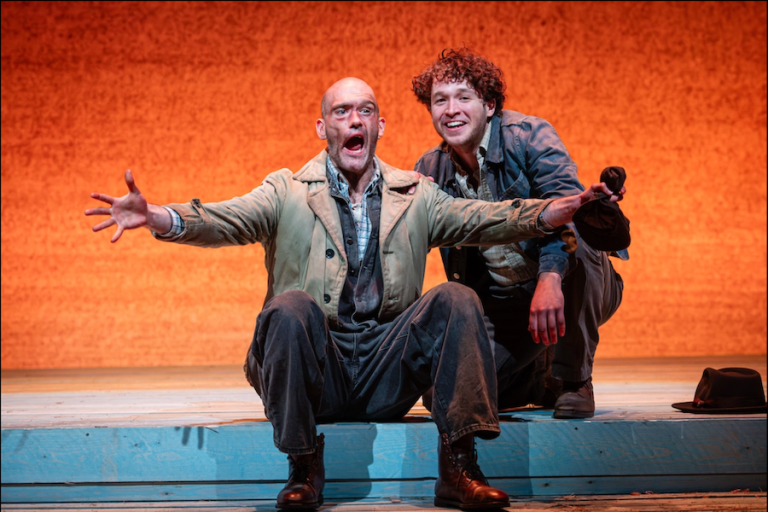
Review: Of Mice and Men at Bolton Octagon is ‘a moving tribute to Steinbeck’s classic’

“His presence will be deeply missed” Children’s hospice bids farewell to their visionary CEO

Has Gordon Ramsay created Manchester’s ultimate bottomless brunch?







